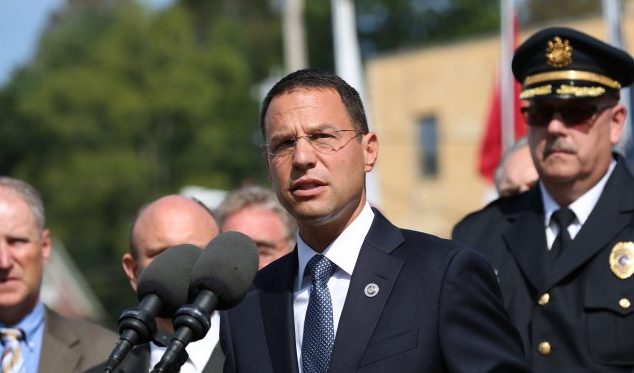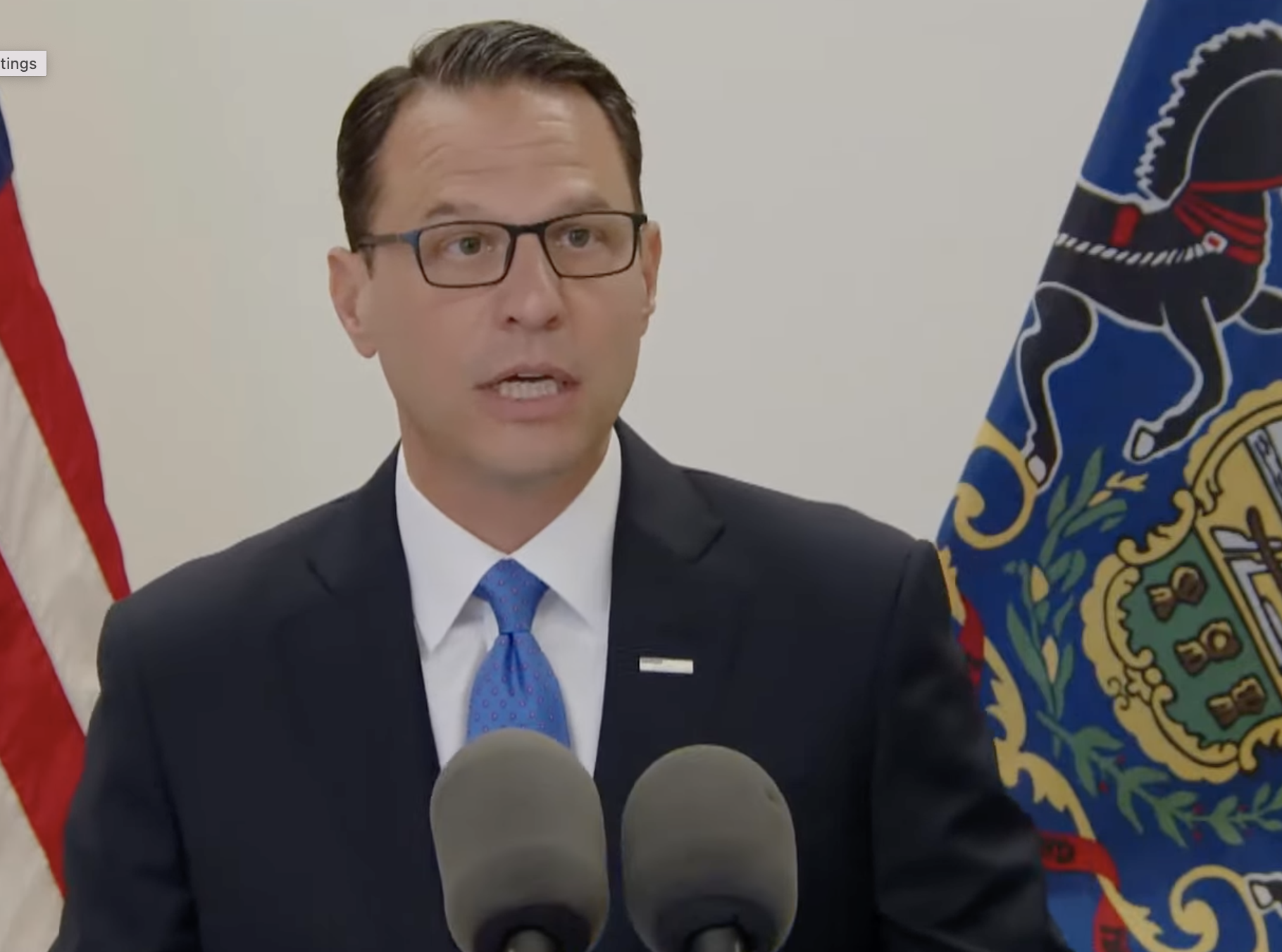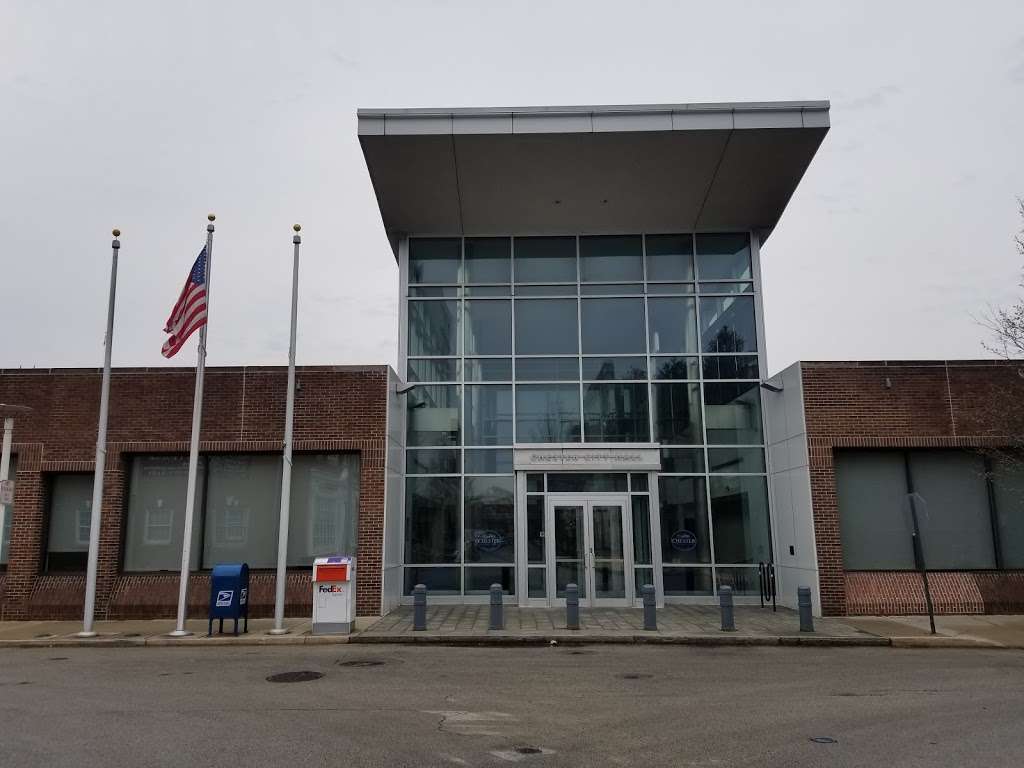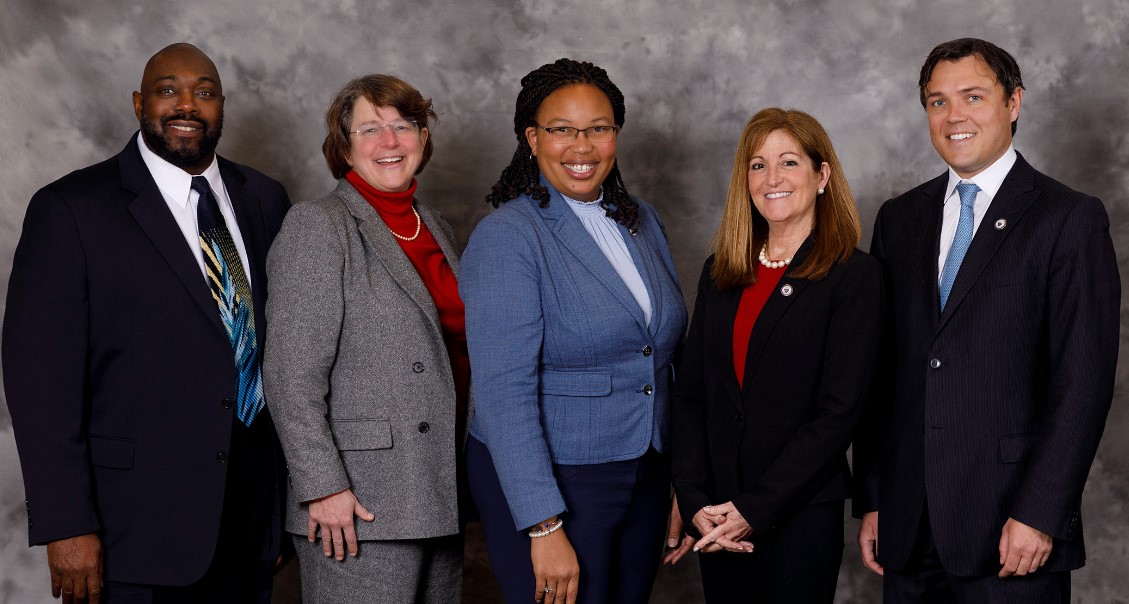Fiscal Watchdog Warns: Shapiro Budget Will Drain State’s Finances
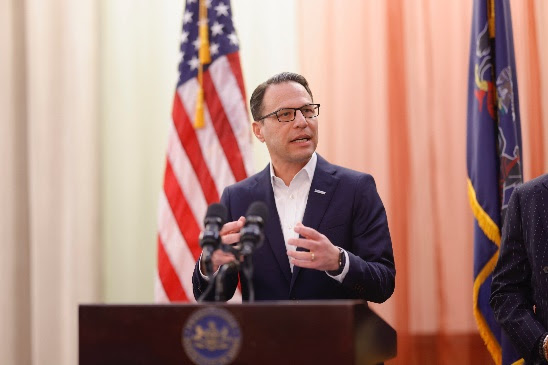
While Gov. Josh Shapiro spends the next few weeks selling his $48.3 billion spending plan to Pennsylvania, a fiscal watchdog warns the budget proposal will drain the state’s recently replenished finances.
Pennsylvania’s Rainy Day Fund sits around $14 billion. That’s enough to fund the government for almost 50 days in lieu of a government shutdown. “You’re still just pushing it down the road,” Commonwealth Foundation Senior Vice President Nathan Benefield told DVJournal. “It’s unwise to be using that just to go like, ‘Hey, we could use that money this year’ and still have an unbalanced budget.
“Using the one-time reserves for ongoing spending that’s going to be year after year is not sustainable.”
Benefield points out that multiple Shapiro administration officials and the governor himself claim to support fiscal responsibility when it comes to taxpayer dollars.
Shapiro hailed Pennsylvania’s budgeting ability last September after S&P Global Ratings and Moody’s moved the Commonwealth’s outlook to ‘positive.’
“Our commonsense investments and sound fiscal management are setting the Commonwealth up for continued success,” the governor said at the time. “My administration will strive to ensure that our fiscal outlook remains strong by working with leaders in both parties to continue making commonsense investments…all while remaining fiscally responsible.”
Budget Secretary Uri Monson praised sound fiscal management last September, saying it “makes a difference in the lives of Pennsylvanians every day.”
But Benefield pointed out credit rate agencies want Pennsylvania to keep a high balance in the Rainy Day Fund balance. “The credit rate agencies all basically pointed to the fact that Pennsylvania has a reserve and would maintain it in case there is a recession.”
S&P and Moody’s highlighted Pennsylvania’s need to keep its reserve fund high in their credit rating outlook announcements. One S&P analyst said Pennsylvania could see its overall rating go up if it preserved or increased “reserve balances in its budget stabilization reserve.”
Moody’s said it was “particularly important” for Pennsylvania to maintain adequate reserves because of extremely long budget negotiations. The state’s budget wasn’t finalized last year until late December.
There’s also disagreement on whether the Pennsylvania government can use the Rainy Day Fund to fill in the budget hole.
State law says the fund can be used in “emergencies involving the health, safety or welfare of the residents of this Commonwealth or downturns in the economy resulting in significant unanticipated revenue shortfalls…”
Pennsylvania’s government is also blocked from using Rainy Day Fund money to “begin new programs.”
That’s what Shapiro wants to do, according to Benefield. “His proposal, if you look at it, is a lot of new programs,” he said. “They’re not to deal with an emergency. They’re simply to prop up spending.
“The idea that having an ongoing structural deficit year after year is not an emergency. That’s simply poor budgeting,” Benefield added.
Shapiro said during his budget address that the state needed to spend some of the reserve cash as a so-called investment into Pennsylvanians.
“We need to build a more competitive Pennsylvania that starts in our classrooms, runs through our union halls and our small businesses, through our farmlands and our high rises, our college campuses, and leads to a life of opportunity and a retirement with dignity,” he said. “We need to keep people safe, make sure they have access to the medical treatments and care they need, and build communities where they see a future of opportunity.”
Benefield doesn’t believe that Shapiro’s budgetary wishes will come to fruition. Calling the proposals “pie in the sky and even campaign-oriented,” Benefield said that he doesn’t see them getting done this year. “There isn’t a lot of appetite to have that large of a budget deficit of $3 billion-plus this year. I think there probably will still be a deficit this year, but I expect it to be a lot less than what Shapiro proposed.”
The Pennsylvania legislature remains divided, with Republicans controlling the Senate and Democrats holding a small lead in the House.
Neither House nor Senate Republicans appear to desire Shapiro’s proposed spending spree.
“While I can support initiatives that invest in our workforce and help more folks to lay down roots in Pennsylvania, those initiatives cannot be coupled with an endless wish list of spending agendas that are unsustainable and eviscerate our safety nets,” said Rep. Donna Scheuren (R-Montgomery). “That is not good governance, nor is it fiscally responsible.”
“We cannot reverse years of progress with a single-year spending spree that sacrifices our future,” said Sen. Scott Martin (R-Lancaster). “We need a responsible budget that helps grow jobs here and encourages families to put down roots here so we can reverse the negative economic and demographic trends that threaten our future stability. I look forward to working with my colleagues to make that happen.”
An email to the Shapiro administration was not answered.

